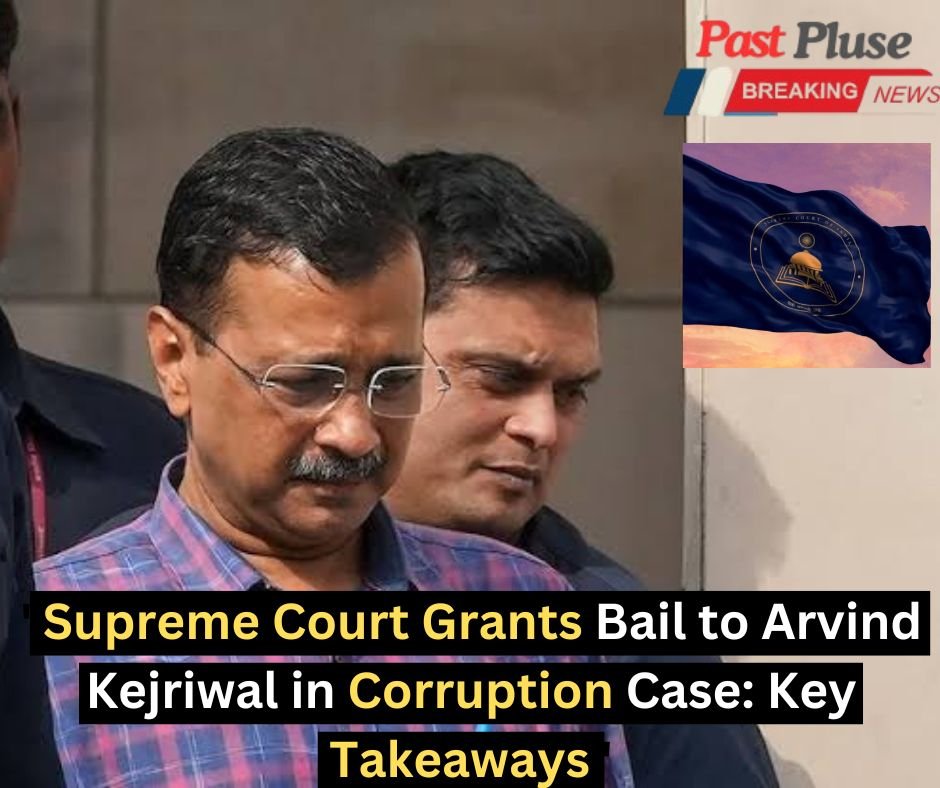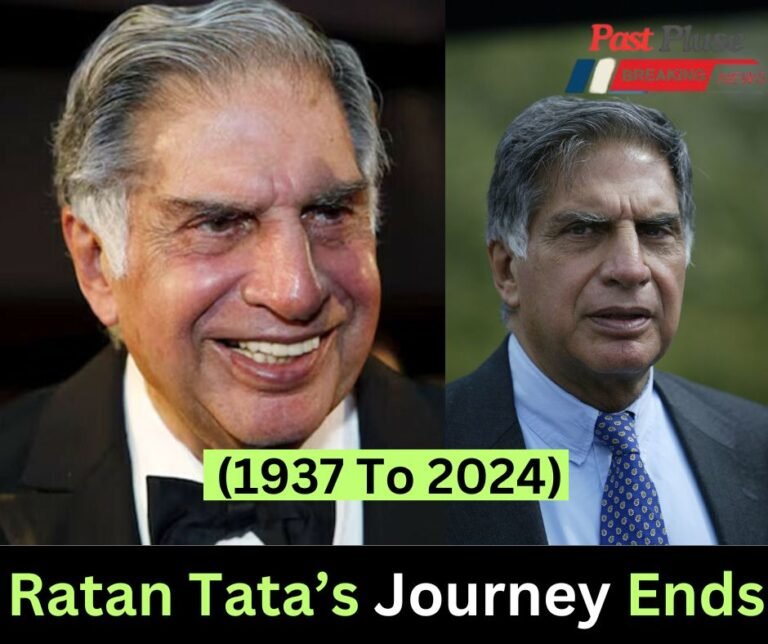
On a landmark day in Indian judicial and political history, the Supreme Court granted bail to Delhi Chief Minister Arvind Kejriwal in a corruption case that has gripped the nation’s attention for several months. This development comes as a significant relief to Kejriwal and his supporters, and it highlights several critical issues related to the Indian judicial process, anti-corruption efforts, and the political climate in India.
Here, we will break down the key takeaways from the Supreme Court’s decision to grant bail to Arvind Kejriwal, along with the broader implications it holds for Indian politics and governance.
The Corruption Case: A Brief Overview
Arvind Kejriwal, the leader of the Aam Aadmi Party (AAP) and the Chief Minister of Delhi, has long been a vocal advocate for transparency and anti-corruption measures. His rise to power was largely due to his efforts to fight corruption within the Indian political system, and his party’s mission has always been closely tied to these ideals.
The opposition parties have claimed that contracts were awarded to firms with close ties to the AAP leadership without following proper procedures. This, they argue, constitutes a serious breach of public trust and points to systemic corruption.
They argue that the case is part of a broader effort by opposition parties and political rivals to tarnish Kejriwal’s reputation and destabilize his administration.
The Supreme Court’s Decision to Grant Bail
The Supreme Court’s decision to grant bail to Arvind Kejriwal came after weeks of intense legal debate and political maneuvering. Kejriwal’s legal team argued that the charges against him were baseless and that the investigation had failed to produce any concrete evidence linking him to corrupt practices. They also pointed out that the Delhi Chief Minister had fully cooperated with the investigation and that there was no risk of him fleeing the country or tampering with evidence.
In its ruling, the Supreme Court emphasized the principle that bail should be the norm, not the exception, in cases where the accused poses no threat to the investigation or public order. The court also noted that the charges against Kejriwal had not been conclusively proven and that denying him bail would violate his constitutional right to liberty.
The Supreme Court’s decision underscores the importance of due process and the presumption of innocence in the Indian legal system. In cases involving high-profile political figures, it is easy for public opinion and political pressure to cloud the judicial process. However, the court’s ruling serves as a reminder that all citizens, regardless of their status or position, are entitled to a fair trial and the protection of their constitutional rights.
The case also highlights the need for courts to resist political interference and remain impartial in their judgments. This is particularly important in India, where political rivalries often spill over into the judicial system, leading to accusations of bias and partisanship.
Key Takeaway 2: The
Political Cases
in Political Cases
India’s judiciary plays a critical role in maintaining the balance of power between the executive and legislative branches of government. In politically charged cases such as this one, the courts are often called upon to act as a check on the actions of the government and ensure that political leaders are held accountable to the rule of law.
The Supreme Court’s decision to grant bail to Kejriwal reflects its commitment to upholding this principle. By refusing to allow the case to become a political weapon, the court has reaffirmed its role as an independent arbiter of justice.
This ruling may also set a precedent for other high-profile political cases in the future, signaling that the judiciary will not allow itself to be used as a tool for political vendettas.
Key Takeaway 3: Implications for the Aam Aadmi Party
Kejriwal has always positioned himself as a clean politician who is committed to fighting corruption, and the charges against him posed a serious threat to his political career and credibility.
With the bail order in hand, Kejriwal can now focus on his work as Delhi’s Chief Minister without the immediate threat of incarceration hanging over him. However, this does not mean that the corruption case is over. The investigation will continue, and Kejriwal may still face a trial in the future.
For the AAP, the court’s decision also comes as a political boost. The party can now present itself as a victim of political persecution, arguing that the charges against Kejriwal were part of a broader effort by opposition parties to undermine their leadership in Delhi. This narrative is likely to resonate with AAP’s voter base, which has traditionally been suspicious of established political parties and their tactics.
Key Takeaway 4: The Political Landscape in India
The corruption case against Kejriwal is just one example of how political battles in India are increasingly being fought in the courts. In recent years, there has been a growing trend of politicians from all parties being accused of corruption and other criminal offenses. While some of these cases are legitimate, others appear to be politically motivated attempts to discredit opponents.
It undermines public trust in the political system and diverts attention from important policy issues. Moreover, it can lead to a situation where political leaders are more focused on defending themselves in court than on governing effectively.
Also Read More>..
Earthquake Shakes Los Angeles: What You Need to Know




